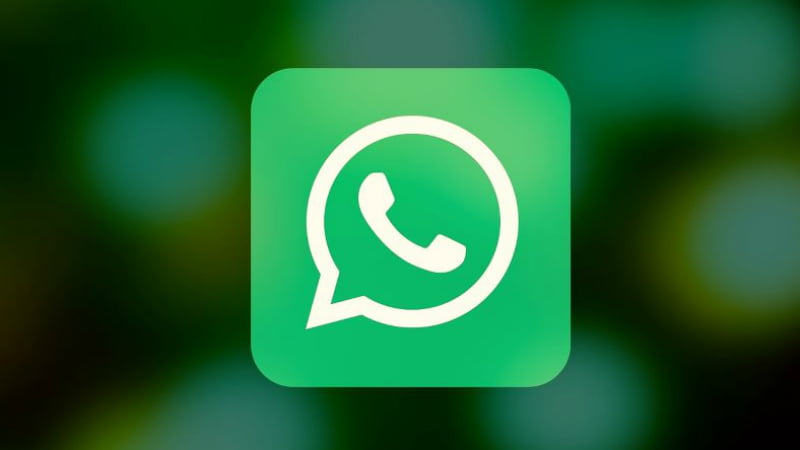
Day after the Unified Payments Interface (UPI) on WhatsApp was spotted in the Google Play Beta Programme, a top WhatsApp executive says the mobile messaging app is excited about the government’s digitisation drive and the future projects in the country.
Without delving into the details about when the instant money transfer gateway would finally be introduced in India which has over 200 million WhatsApp monthly active users (MAUs), Alan Kao, Software Engineer at Facebook-owned platform, told IANS: “We are very excited about the digitisation of India and the projects in the future.”
Launched by the National Payments Corporation of India (NPCI) and regulated by the Reserve Bank of India (RBI), UPI facilitates the instant fund transfer between two bank accounts on the mobile platform.
WhatsApp has been in the news for working towards a UPI-based interface in its platform. According to media reports, the leading messaging platform is already in talks with the NPCI and a few banks to facilitate financial transactions via UPI.
Some mobile messaging platforms like WeChat and Hike Messenger already support UPI-based payment services.
According to the blog website WABetaInfo, WhatsApp is giving shape to its plans towards bank-to-bank transfer using the UPI system.
When asked about how safe is end-to-end encryption on WhatsApp, Kao said the messaging app is secure and encryption is by “default” for all its over one billion users globally.
The company stressed it has been constantly working to maintain the privacy and security of its users.
“We take down third-party apps that claim to be applications somehow linked to WhatsApp. We take them down because it compromises the security of the user,” the executive said during a media interaction in New Delhi.
The company also recommended users not to install or use applications that can compromise security.
WhatsApp’s end-to-end encryption was implemented with help from Open Whisper Systems which is the maker of secure messaging application Signal.
“We have worked with Open Whisper System’s Signal protocol for almost two years to bring end-to-end encryption,” Kao noted.
Giving details on how the end-to-end encryption works, Kao said: “Once the message is sent, while it is still in transit, nobody can read that message.”
The company, however, said that it is important for users to install only trusted applications because the keyboard application (in this specific case) can collect information if it does not come from a trusted source.
WhatsApp released end-to-end encryption for messages in 2016 and later expanded it to voice as well as video calling features.
“This is the largest-ever deployment of end-to-end encryption in history and this has been a big step up for free speech,” Kao added.
[“source=gadgets.ndtv”]




